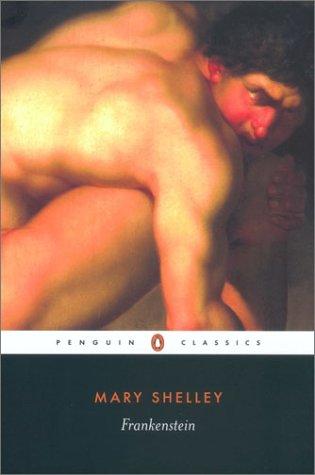Anthony reviewed Frankenstein by Mary Shelley
Frankenstein
4 stars
Cette lecture me laisse un sentiment mitigé. Je suis quelque peu déçu. Je n'ai rien à reprocher à l'écriture et à la forme narrative (épistolaire avec des récits imbriqués). Au contraire même. Ce qui concerne la partie « science-fiction » de l'œuvre est assez courte au final, parce qu'une fois le « monstre » créé, l'œuvre devient un récit quasi classique qui pourrait se résumer à la lutte entre un homme et ses propres démons. Pour ce qui est du récit lui-même, j'ai trouvé qu'il se résume aux lamentations du personnage principal, Frankenstein, et secondairement de sa création (le récit de ce dernier est assez succinct). Frankenstein ne se remet jamais vraiment en question et ne fait que se plaindre de son sort. Je m'excuse pour l'usage de ces expressions (sujettes à polémique), mais certains pourraient y voir de la « victimisation » ou de la « course victimaire ».
Cette lecture me laisse un sentiment mitigé. Je suis quelque peu déçu. Je n'ai rien à reprocher à l'écriture et à la forme narrative (épistolaire avec des récits imbriqués). Au contraire même. Ce qui concerne la partie « science-fiction » de l'œuvre est assez courte au final, parce qu'une fois le « monstre » créé, l'œuvre devient un récit quasi classique qui pourrait se résumer à la lutte entre un homme et ses propres démons. Pour ce qui est du récit lui-même, j'ai trouvé qu'il se résume aux lamentations du personnage principal, Frankenstein, et secondairement de sa création (le récit de ce dernier est assez succinct). Frankenstein ne se remet jamais vraiment en question et ne fait que se plaindre de son sort. Je m'excuse pour l'usage de ces expressions (sujettes à polémique), mais certains pourraient y voir de la « victimisation » ou de la « course victimaire ».




